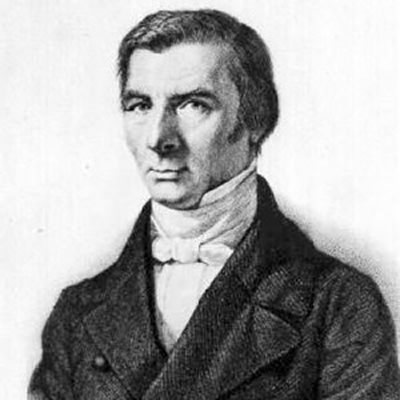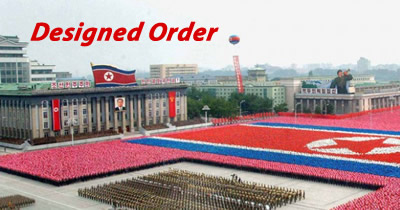In the post-apocalyptic cult classic Zombieland, Woody Harrelson’s character is on a continuous hunt for Twinkies. Why? Because in any apocalyptic situation, food will become hard to find. In fact, if food stopped flowing into a major metropolis, that would be apocalyptic. So how do Twinkies, and the ingredients for beef bourguignon, chocolate soufflé, or ratatouille, get to the two million inhabitants of Paris every day?

This was the topic of a presentation by economics professor Sandy Ikeda of Purchase College at SUNY, given at FEEcon. FEEcon, a gathering organized by the Foundation for Economic Education, brings together hundreds of students, economists, innovators, educators, and artists to Atlanta, Georgia, for three days of intense learning and networking, with the purpose of helping young people jumpstart careers.
Start Here
Before addressing how to keep Paris alive, Professor Ikeda discussed a challenge of his job. He has been teaching for thirty-three years and has learned how important a good first course in economics is for college students.
Ikeda explained, “It’s important to teach at the introductory level the right macro economics. In a room with students who’ve never taken a course before, it’s important to get the foundation right. For many it may be the only economics class they will ever take. I concluded that it was best to focus on some kind of question.”

Ikeda said that he looked through the writings of Von Mises, Hayek and others, finally focusing on the work of 19th Century economist Frédéric Bastiat, particularly his essays collected in Economic Sophisms. Many of these were inspired by Bastiat’s visit to Paris in the 1840’s. Bastiat observed that a million human beings would die in a few days if goods stopped flowing into Paris. He asked how each succeeding thing happened that kept the city fed.
Ikeda asks his students, “Where would Paris, or London, Tokyo or Atlanta be if you had to take this task into your own hands?”
The Secret Power
So, what secret power keeps city folks from wasting away? This is what he calls the Central Question of Economics: “In the presence of scarcity, human and natural diversity, and imperfect knowledge, how does social cooperation take place among myriad, self-interested strangers?”

Ikeda said that it is the principle of free exchange and self-interest. “What I teach,” he said, “is how social cooperation takes place.”
Ikeda said that there are two kinds of social order. “Designed Order – achieved by suppressing choice and the individual — and Emergent Spontaneous order — the order at the level of networks of individuals.”
“How does that happen?” he asked.
“Social orders are not machines designed from the top down,” Ikeda argued. He referenced the “Socialist Calculation Debate” which centered around the question of whether central planners could calculate the efficient allocation of economic resources. In 1920, Ludwig von Mises, of the Austrian school of economics, argued that such calculations always fail, making central planning impossible.
Freedom Breeds Order
Ikeda said that order is best achieved when people are free to tackle the obstacles: scarcity, human and natural diversity and imperfect knowledge.

Scarcity helps set prices and calculate gains and losses. Scarcity encourages us to trade. Before we act, scarcity tells us what we should do. After we act, scarcity, or its reduction, tell us if we did the right thing.
He also pointed out that some people consider diversity a barrier to trade. To the contrary, he said that diversity in humanity is “a feature not a bug.” Ikeda argued, “The difference between people is what brings them together. We trade with one another because we value things differently. If everyone was the same, and had the same resources, we wouldn’t want to trade.”
Imperfect knowledge, Ikeda suggested, was best dealt with in a free enterprise situation where many people could try many things, rather than in a designed order where one centralized planner decides what is right for everyone.
Essential Conditions
But for trade to flourish, and for the networks of individuals to grow, Ikeda said that there are pre-conditions, “rules of the game”, that must be part of a society. On the societal level these include property rights, free association and the rule of law.
Without these, he argued, you cannot have reliable trade, protected from theft and fraud.
On the personal level, he said that a society must enforce norms of reciprocity, trustworthiness, honesty and fair play. These are essential for building networks of people who will cooperate to produce new goods and services.
When these liberty-based conditions are met, Ikeda argued, people can trade freely, entrepreneurship discovers opportunities and pushes out the limits of production, scarcity is reduced through efficiency, and innovation thrives. He explained, “We get more robots and more corn, and this allows us to feed Paris.”
More information about future FEE activities can be found on their website.
 Blogcritics The critical lens on today's culture & entertainment
Blogcritics The critical lens on today's culture & entertainment




